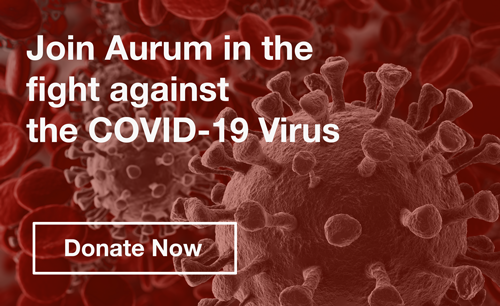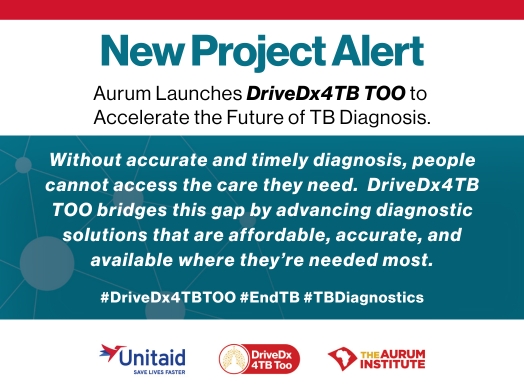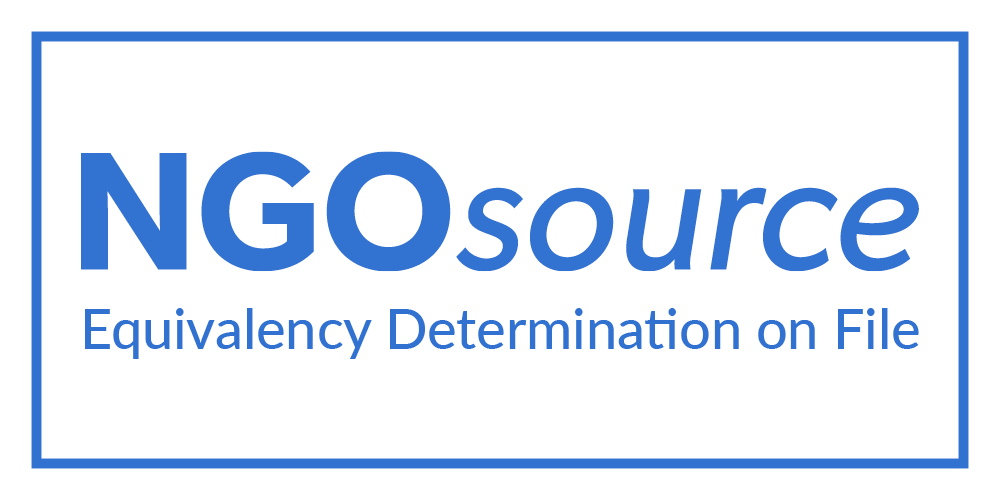In the context of public health, addressing HIV/AIDS requires multifaceted approaches that go beyond physical well-being; successful interventions must encompass the mental health of individuals and communities. At The Aurum Institute, we not only recognise the importance of this connection but also prioritise a wide range of strategies that link HIV prevention and treatment with mental health considerations.
Jacqueline Pienaar, the Technical Director at The Aurum Institute, states that “Mental health is not just the absence of illness; it's a fundamental right that enables individuals to thrive, contribute, and lead fulfilling lives. Recognising mental health as a basic human right is essential, as it lays the foundation for a society where each person's well-being is valued, supported, and nourished.”
Let us explore the nexus between the key aspects of HIV efforts, mental health, and well-being:
- HIV Prevention Programmes
The foundation of public health accomplishments lies in implementing comprehensive strategies to prevent new HIV infections. These initiatives, which emphasise safe practices, raising awareness, and diminishing unsafe behaviours, not only safeguard physical health but also contribute to mental well-being. Armed with knowledge and tools to thwart HIV transmission, individuals find their anxiety and fear, induced by potential infection, significantly alleviated.
- Access to Testing and Counselling
Widespread availability of HIV testing and counselling services not only aids in early diagnosis and timely treatment but also alleviates the emotional burden carried by individuals uncertain about their HIV status. Prompt access to testing and the ensuing support contribute positively to mental health outcomes by reducing the anxiety and stigma associated with uncertainty.
Take a moment to watch this video: https://youtu.be/CoigRTeMowo, where Ms. Pienaar shares insights about mental health literacy, stigma, and support.
- Antiretroviral Treatment (ART) Access
Providing access to life-saving antiretroviral medications is not just about physical health; it is a transformative step for mental well-being. Effective ART not only prolongs life but also improves the overall quality of life. When individuals receive the treatment they need, they experience a sense of control over their health, leading to increased self-esteem and reduced psychological distress.
- Mother-to-Child Transmission Prevention
Preventing the transmission of HIV from mother to child is a critical aspect of protecting both physical and mental health. By ensuring the health of the child and the mother, this strategy contributes to a sense of security and well-being for families affected by HIV.
- Key Populations' Health Services
Tailoring HIV services to address the specific needs of key populations recognises the unique challenges they face. By providing specialised care and support, individuals from marginalised groups experience reduced stigma, enhanced psychological well-being, and increased trust in healthcare systems.
Please visit: https://popinn.org/ to learn more about POP INN Clinics, launched in October 2019, offering free sexual health services to Men who have Sex with Men (MSM) and Transgender Women (TGW) in Kempton Park, Ehlanzeni, uMgungundlovu, eThekwini, and Tshwane.
Ms Pienaar emphasises that, “Empowering South Africans with mental health literacy enables individuals to navigate challenges, dispel stigmas, and seek the support they deserve. By enhancing mental health literacy, we not only nurture individual well-being but also cultivate a compassionate and understanding society”.
To conclude, South Africa's comprehensive approach to dealing with HIV/AIDS emphasises the intricate connection between physical health and mental well-being. The Aurum Institute prioritises these crucial links. This allows the organisation to generate evidence for policy creation and change and translate policy into practice. Not only does this positively impact the health of communities globally it also helps to build a society where individuals and communities can genuinely thrive both mentally and emotionally. The coming together of efforts related to HIV initiatives and mental health has a significant effect, and this combined strategy does and will create a healthier world for future generations.














